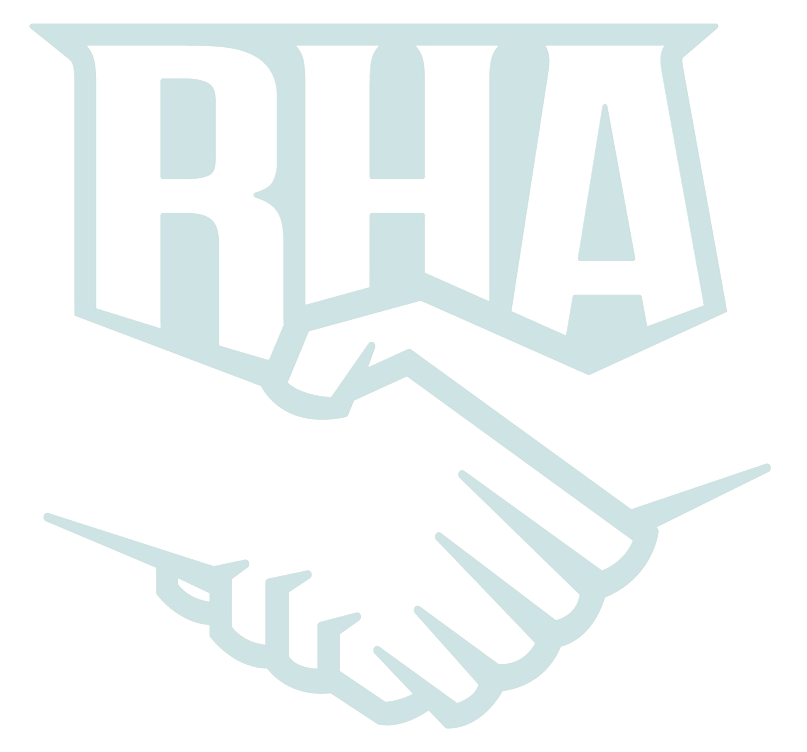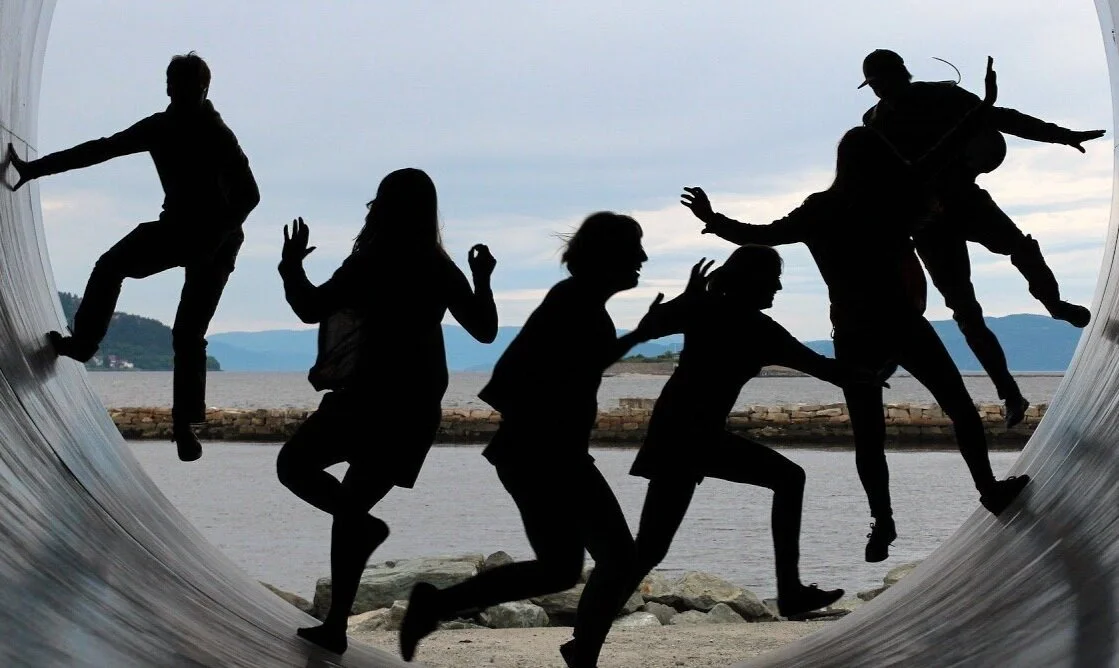Partnering 101
Bringing the project team together in a collaborative environment and allowing each member of your team to establish personal rapport among the members is a primary goal of a traditional Partnering program. This is the time to exercise our trust in each other, open lines of communication, and establish processes for measuring goals and resolving issues.
These processes focus on our team behaviors and commitments, not simply how we track paper and communications, but how we will communicate. This approach focuses on attitudes and a commitment to work together to solve problems. It does not alleviate responsibility for a given issue or contract requirement. However, it does allow us to support the entire team in solving issues in a way that meets the needs of all parties and in the best interest of the project.
The initial Partnering workshop is typically a one-day workshop, but the groundwork developed here will set the tone and behavior among team members through the life of the project. When embraced, it will continue to impact our business and working relationships into the future. The team is responsible for their own personal commitment to “walk the talk” daily on the project and use the tools developed in the first workshop. Partnering doesn’t fail, but some teams can fail to Partner. Use caution. Partnering is an ongoing attitude, not a one-day event.
Follow-up workshops are a traditional, if less common, component of a basic Partnering program. For these workshops, the team comes back together to refresh their group memory about their commitments and goals, and to discuss any challenges that they are experiencing. By having a dedicated time to open dialog, we are able to identify and resolve issues which may impact our success on the project. Project teams may schedule follow-up workshops quarterly, or in coordination with major project milestones.



